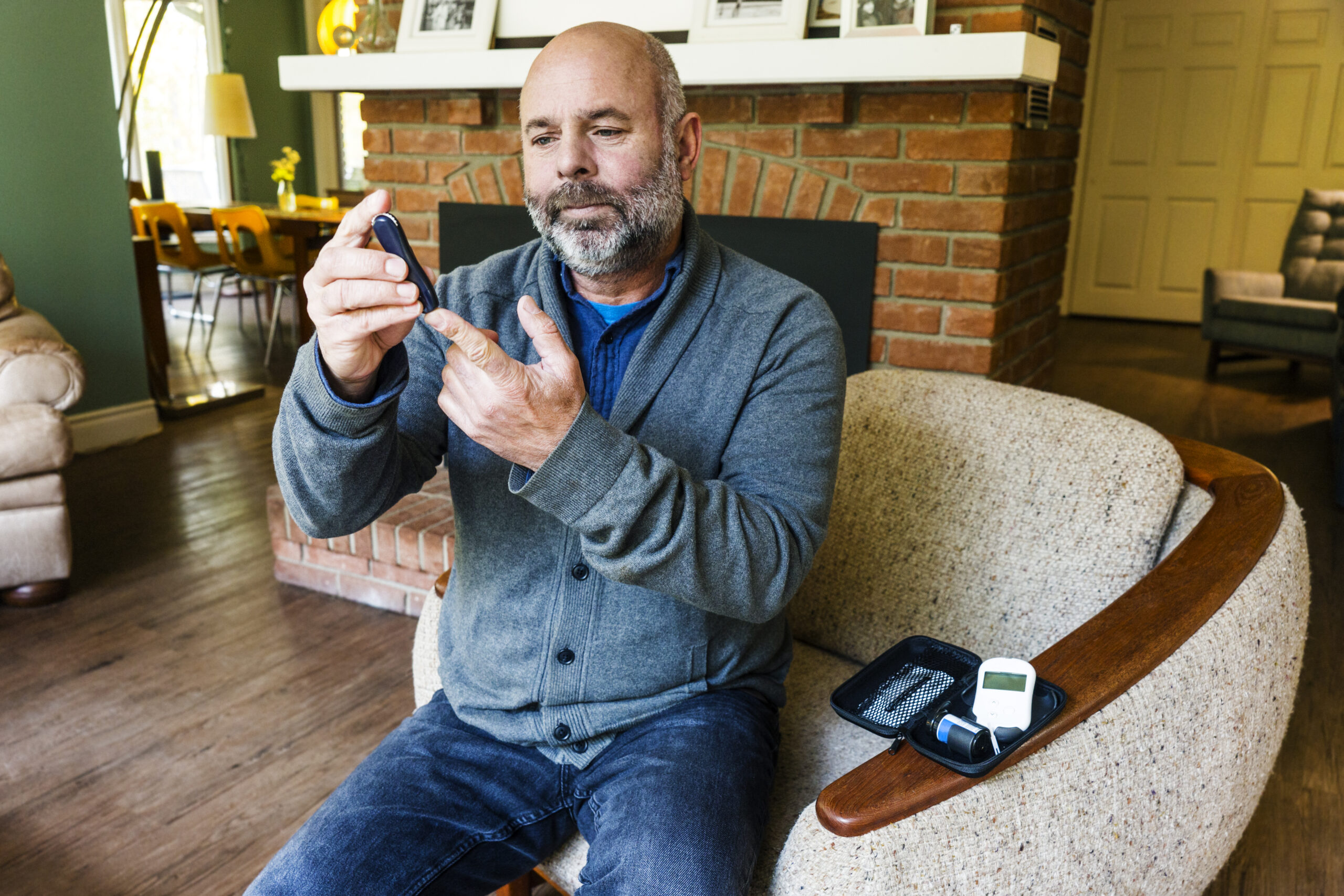
DIABETES – “THE SILENT KILLER”

Diabetes usually develops over 10-20 years, often with the development of obesity, then pre-diabetes and finally diabetes. Diabetes a disease of elevated blood sugar is known to dabble the risk of heart attacks and strokes. This Is because the early symptoms of this disease are really easy to miss.
Before you have a stroke or heart attack lets find out the 7 early symptoms of Diabetes.
Symptoms of Diabetes
1. Increase thrust and urination – The most common symptom of diabetes. When you have elevated blood glucose in your blood, kidney cannot absorb the excess glucose in the body. So the body tries to flush out the extra glucose through the urine taking along with it the fluid from your other tissues. This process increases urination and makes you feel dehydrated.
2. Increase Hunger – Constantly feeling hungry is another most common symptom of elevated blood glucose. If your body doesn’t respond to insulin (Insulin resistance) or does not produce enough insulin then your body does not allow the glucose to enter the cells and produce energy. This causes an increase in hunger that doesn’t go away even after eating.
3. Chronic Fatigue – Elevated blood glucose levels make you feel weak and tired all the time. Your cells are not getting enough glucose to provide you energy. Dehydration caused by frequent urination also contributes to chronic fatigue.
4. Blurred vision – When vision is not clear due to some serious eye problems, it can be a sign of elevated blood sugar. It happens because of the shifting of fluid which makes the lens of the eye swell and changes shape. This affects the ability to focus and things start looking blur. These changes are usually reversible once your blood sugar gets back to normal.
5. Unexplained Weight loss – When the body cannot use glucose as a source of energy, the body starts burning fat and muscle as a source of energy and this causes weight loss. Unexpected weight loss is a common early sign of type 1 Diabetes but it can accrue in type 2 Diabetes as well.
6. Slow wound healing – Elevated blood sugar increases inflammation in blood vessels and it also leads to poor blood circulation thus making it hard for blood to reach and repair the damage. If you notice that your cuts and wounds are taking longer than usual to heal then be sure to mention it to your doctor.
7. Tingling or Numbness – Tingling or numbness in fingers, hands, and feet is another symptom of elevated blood sugar levels. As we already mentioned that elevated blood glucose leads to poor blood circulation which can lead to nerve damage. Hands and feet are the first to get affected because they are far away from the heart.

Deepak Pal
(Diabetes Life Coach)
Deepak Pal
Diabetes Life Coach
Copyright © 2021, Metabalance Healthcare All Rights Reserved. Designed by: Webcare Technologies
 Call Now
Call Now
 info@metabalancehealthcare.com
info@metabalancehealthcare.com
